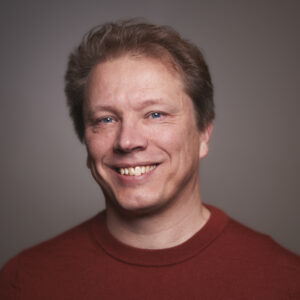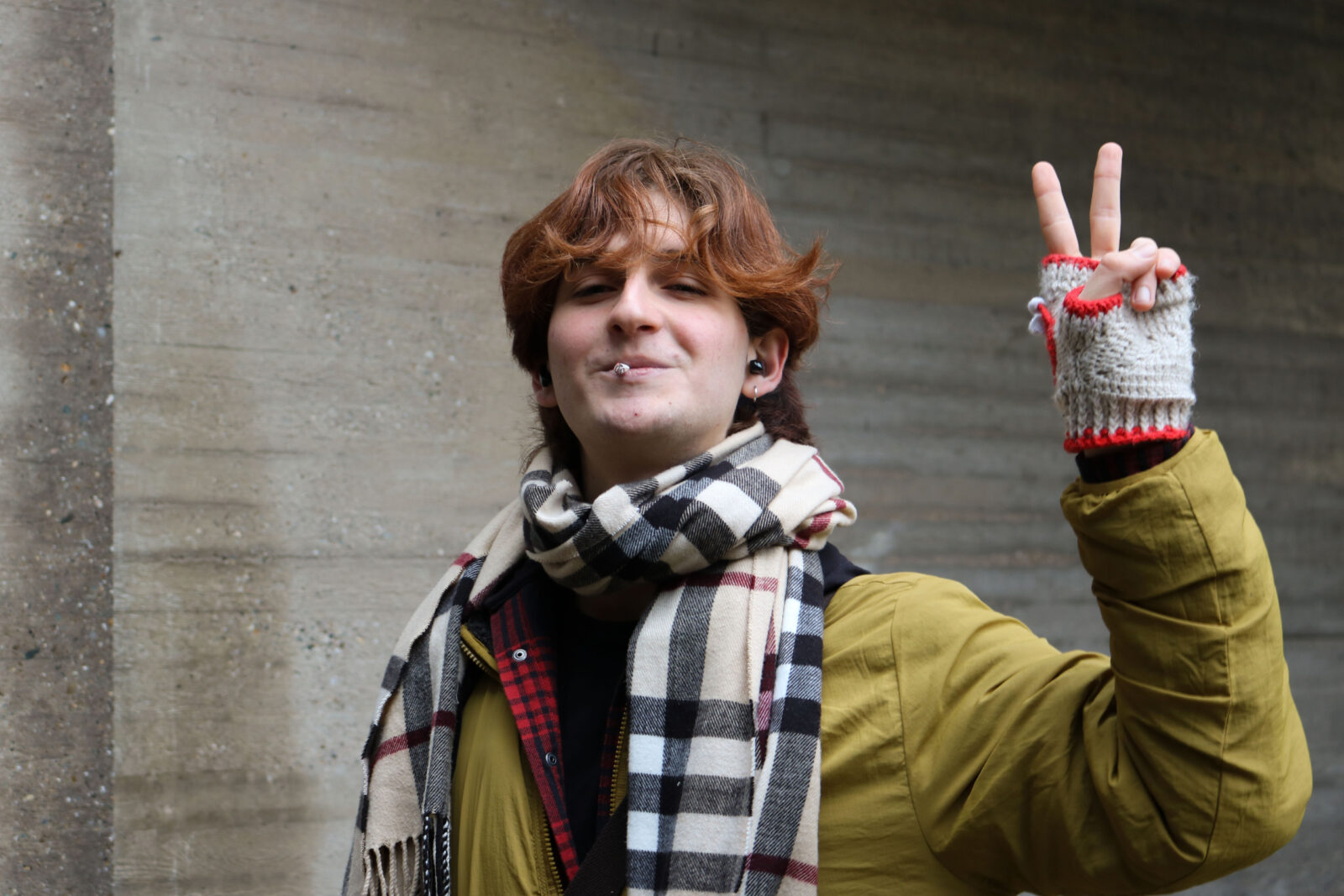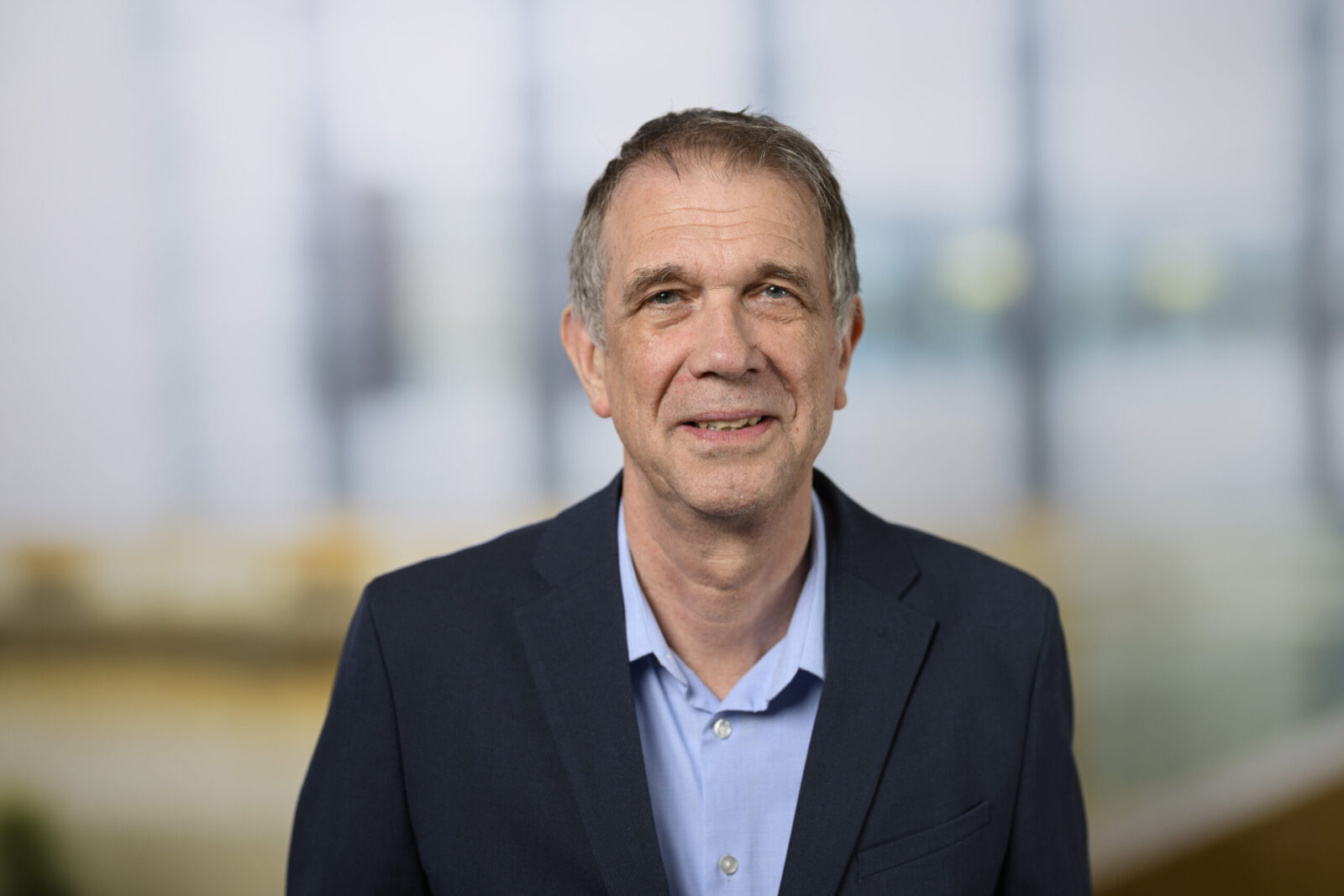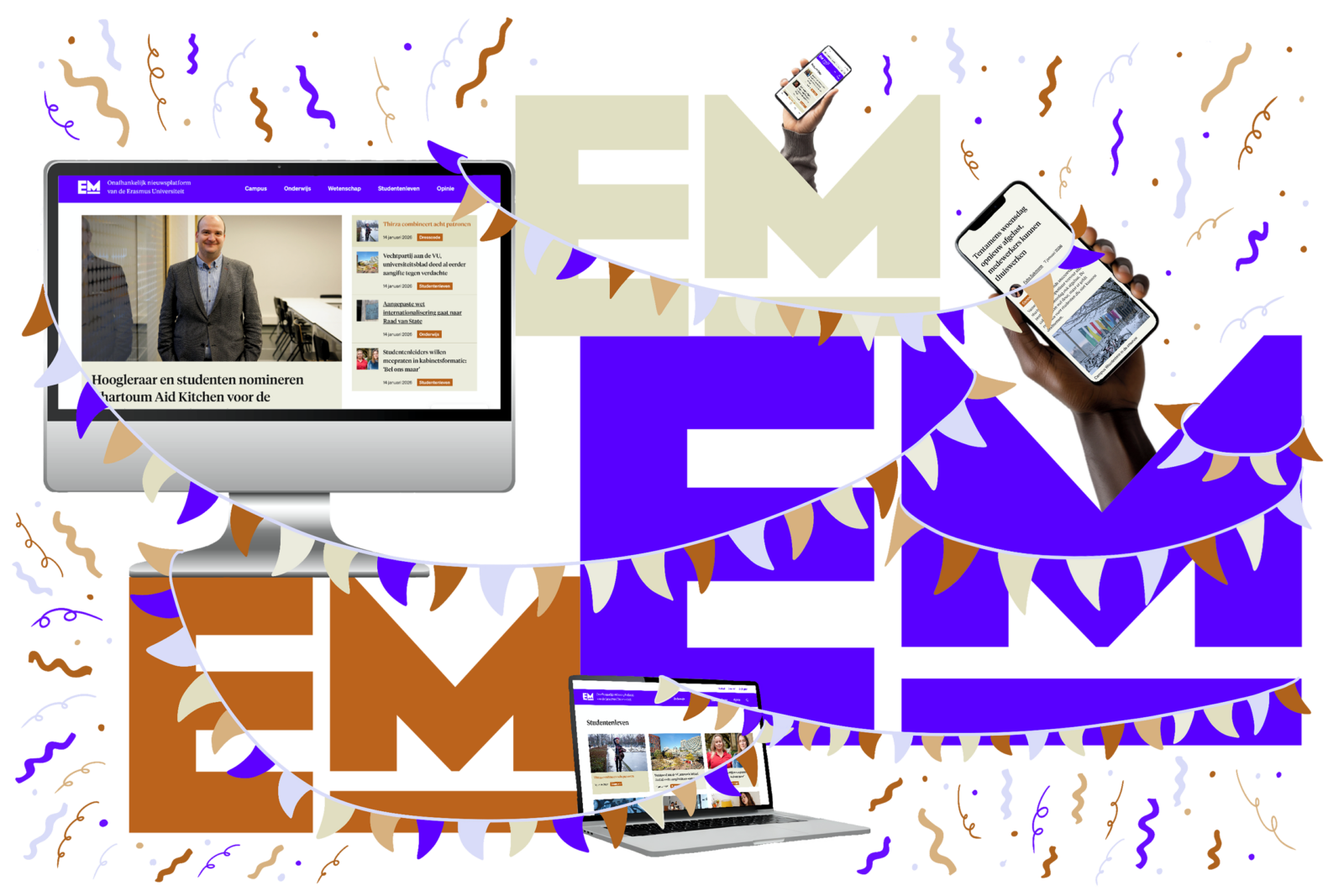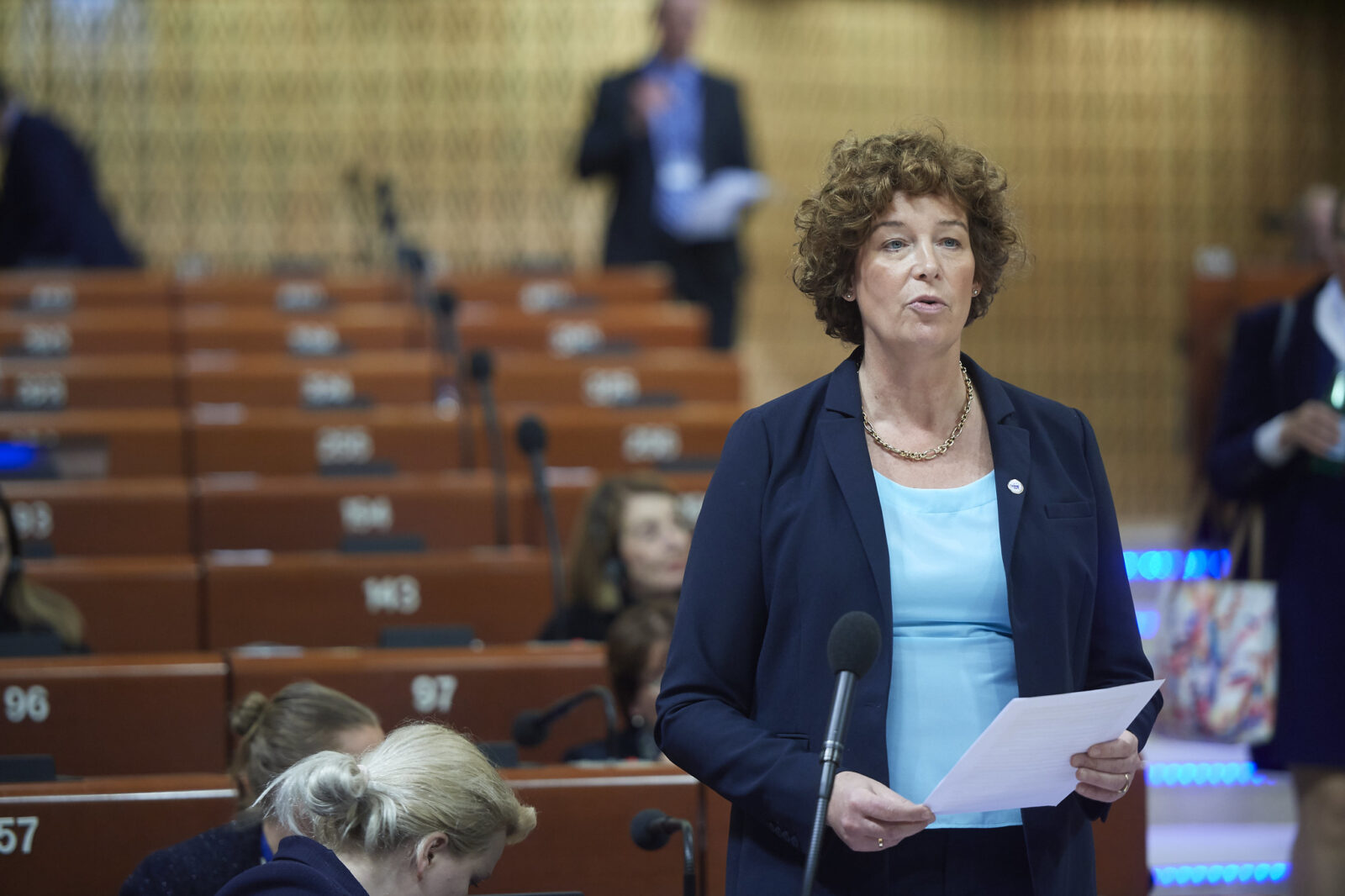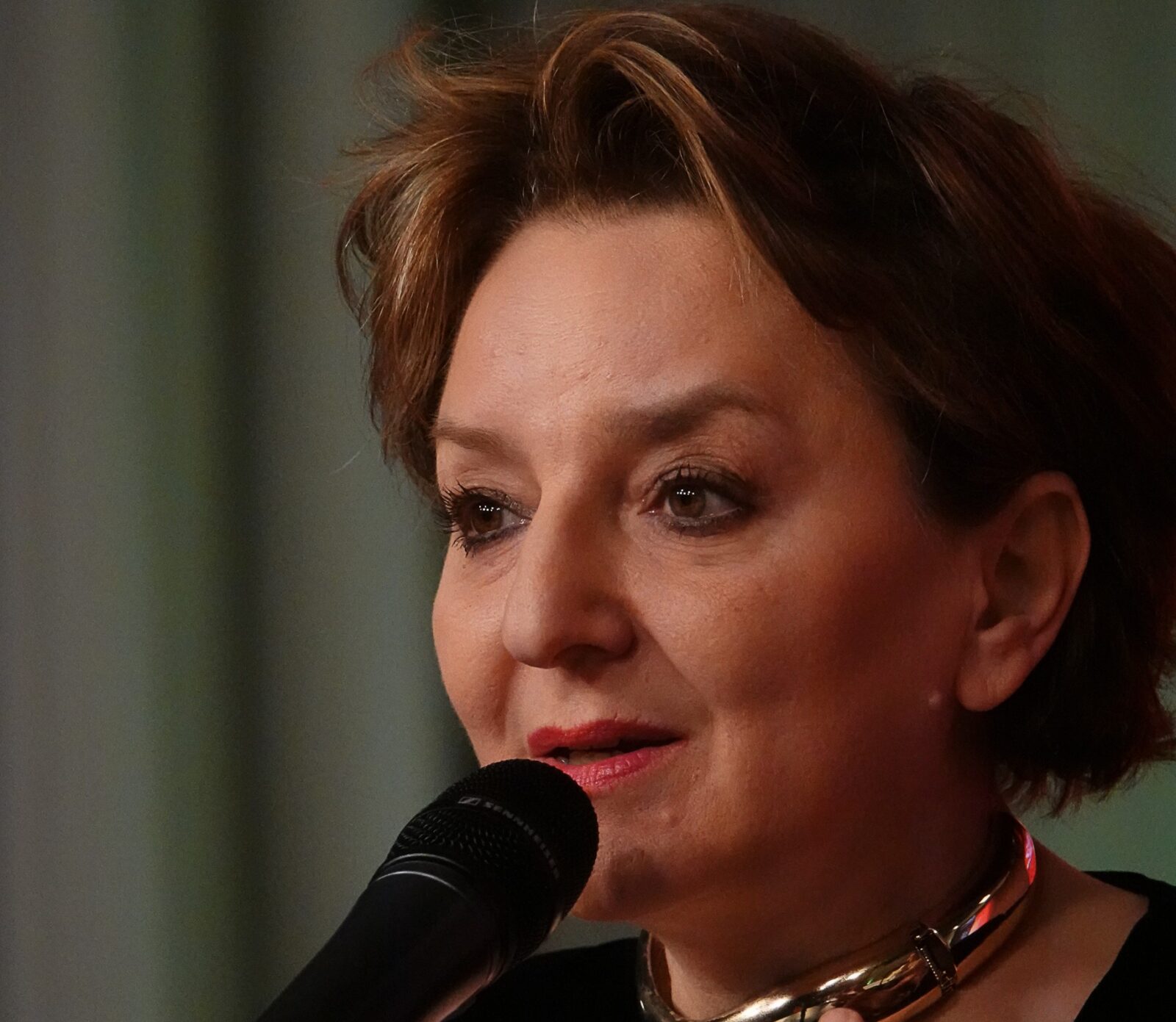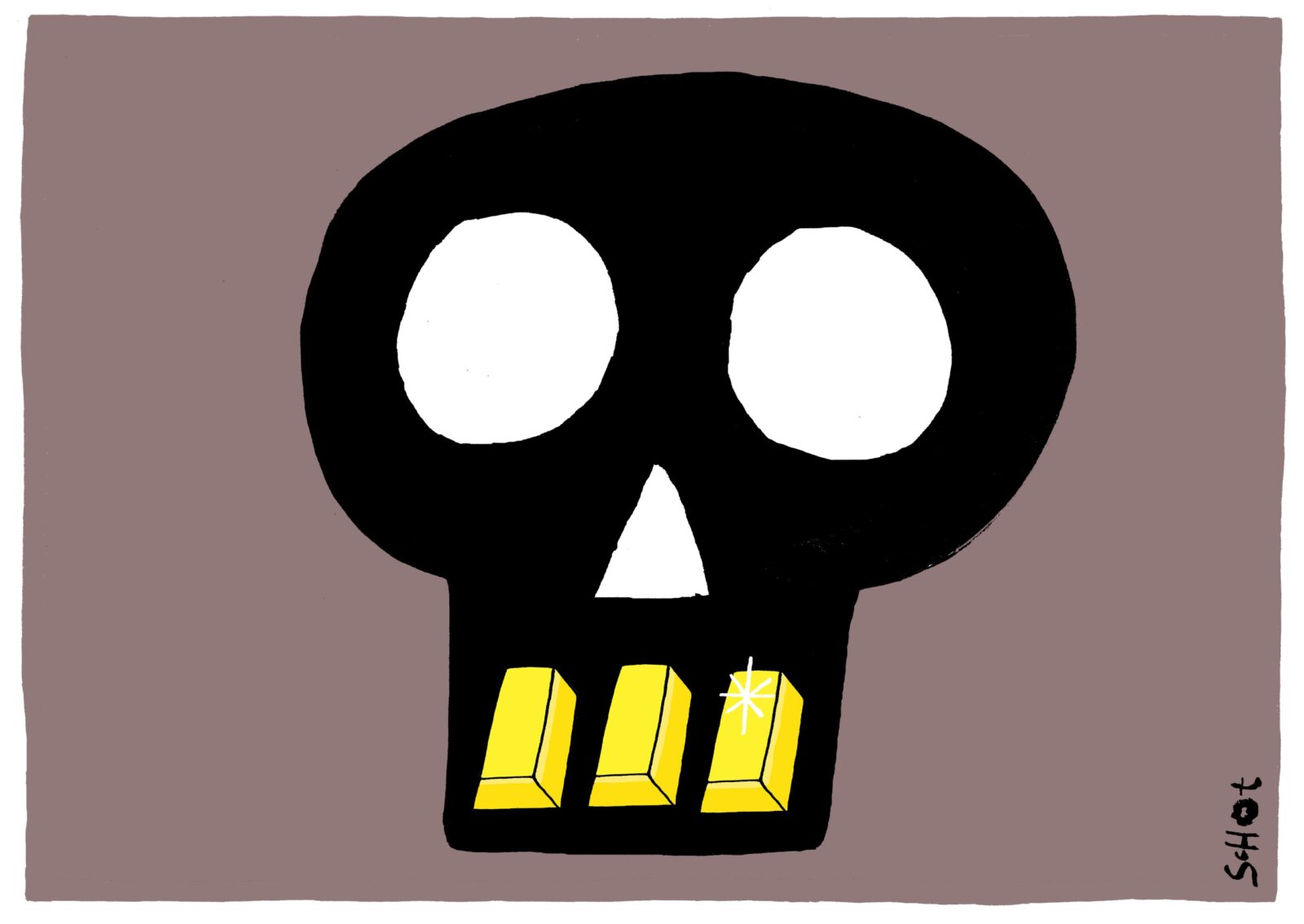The Rotterdam delta as a living lab for Erasmus and Delft University
Erasmus University Rotterdam wants to ‘converge’ with Delft University of Technology and the Erasmus MC in a number of areas. The partners propose three new research collaborations in the fields of Health Technology, Artificial Intelligence and the Delta. In this three-part series, EM will be examining what these new partnerships mean in concrete terms. In this instalment, the most abstract of the three themes: the Delta.
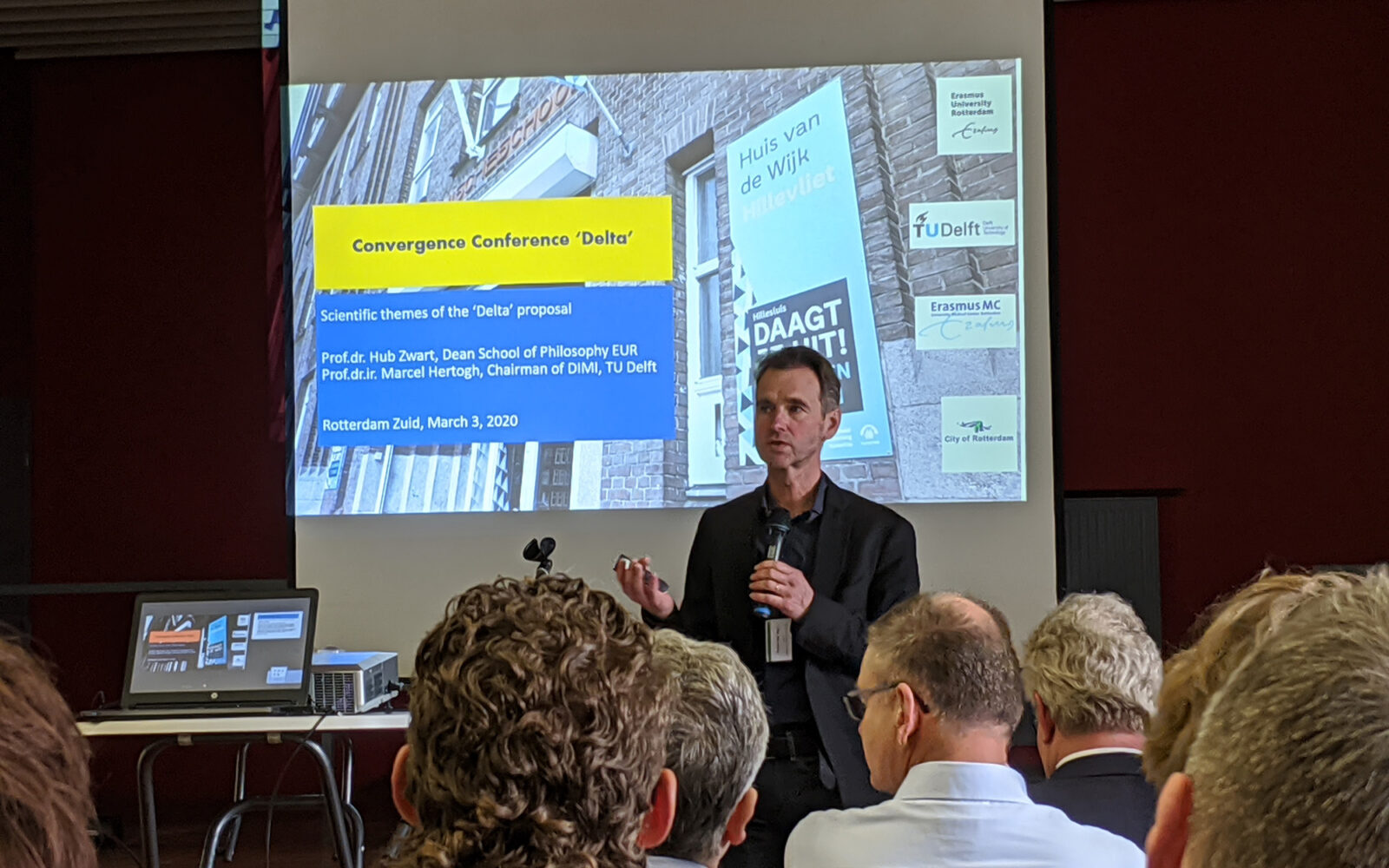
Read more
-
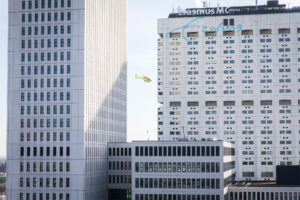
EUR and Erasmus MC to intensify collaboration with Delft University of Technology
Gepubliceerd op:-
Governance
-
At the end of a conference at a community centre in Rotterdam-Zuid, academic leader of the Delta initiative, Erasmus School of Philosophy dean Hub Zwart talks to EM about the new research theme and which new opportunities closer collaboration can create for science.
What is the Delta initiative exactly?
“Together with Delft University of Technology and the Erasmus MC, we plan to study the ‘system’ in its entirety: the city, the river, the port and everything else involved. The city is a wonderful laboratory for studying a wide range of global issues. Our key focal areas in the Delta initiative are the port, the district of South Rotterdam and the Delta region as a whole.
“The Delta isn’t just about economic issues, transport, poverty. employment – it’s about the interrelationship of all these subjects. To bring together the relevant expertise, it is vital to work together as universities.” And there’s a wealth of knowledge outside the universities that can be tapped into, from practical experience amassed in Rotterdam-Zuid to the cutting-edge technology used in the port area.
What kind of concrete projects should we expect?
“It’s still early days, but we can see more and more ideas taking shape. One such plan is the development of a ‘digital twin’: a virtual model of the entire delta developed with the aid of AI. We want to incorporate the region in all its dimensions: culture, behaviour, infrastructure, industries. Where do we find weaknesses; what should we be focusing on?
“Rotterdam is a port city, which means it is extra vulnerable to global threats like the current coronavirus outbreak. We have both a strong virology group at the Erasmus MC and experts in port management. Normally, these two groups would hardly ever run into each other. You could say the future of science lies in mapping out the interrelationship between disparate subjects.”
Dat klinkt nogal breed, welke onderwerpen in de Rijnmond-regio vallen eigenlijk níet onder dit onderzoekstraject?
Lacht: “Eigenlijk steeds minder. Historici waren bijvoorbeeld tot nu toe niet betrokken, maar die zouden een hele nuttige bijdrage kunnen leveren, bleek op het congres, want de delta is al heel erg oud. Je wilt die in een historische context plaatsen, want je wilt antwoorden formuleren die leren van ongewenste bijeffecten uit het verleden. Dat gebeurde bijvoorbeeld wel ten tijde van de industriële revolutie, toen technologische ontwikkeling een desastreus effect had op de maatschappij en het milieu. Als je niet nadenkt over acceptatie en inbedding van technologie kan de verstoring van de maatschappij gigantisch zijn.”
(tekst gaat verder onder het kader)
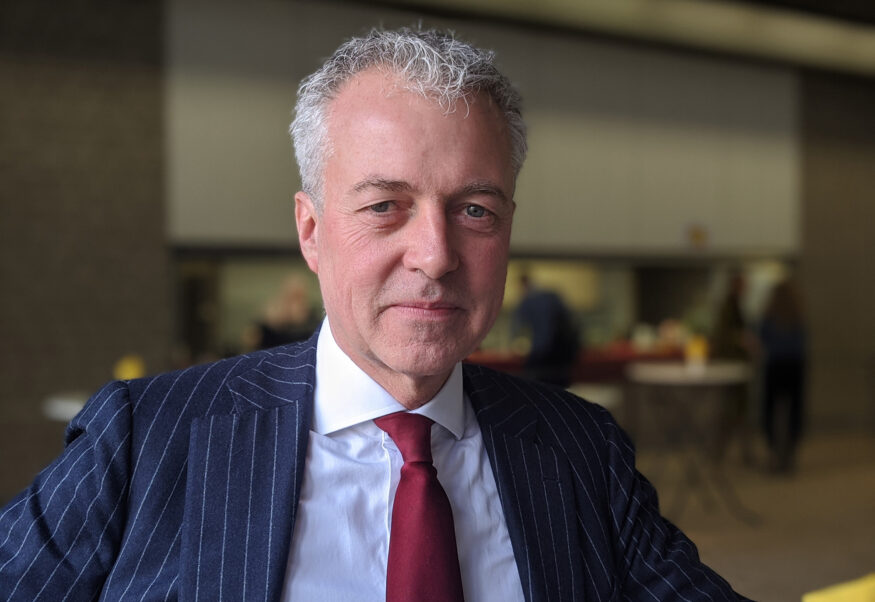
Marco Pastors was appointed Director of the National Programme Rotterdam-Zuid in 2010. This 20-year project is intended to contribute to a healthier future for the district: over the course of two decades, educational qualifications, participation in the labour market and residential quality in Rotterdam-Zuid need to be raised to the average levels in the Netherlands’ four largest cities. EM spoke with Pastors during the Delta Initiative conference in Rotterdam-Zuid.
When did you first become involved in the Delta Initiative?
I was first told about several tentative ideas relating to Rotterdam-Zuid about three months ago.
And has it become clear to you what the Erasmus MC, Delft University of Technology and Erasmus University plan to do here more or less?
What I do know is that simply viewing the problems in Zuid from one angle won’t yield the solution. Approaching them from a number of vantage points can help us find the right solutions. The concept of working together from a variety of scientific disciplines fits in very well.’
Could the initiative prove of help to the National Programme?
We’ve in the ninth year of our twenty-year programme. With most of our targets, we’ve progressed between 20 and 50 percent. But I’m afraid that we won’t get there by just doing ‘more of the same’. We need breakthroughs. I hope that this initiative by the universities will lead to a think tank that can draw up the agenda for the next eleven years.
Scientists often have a long-term perspective. While you, as a former politician, may be a bit more interested in concrete measures in the here and now. How does that work out?
Well, I may be a bit impatient about what we intend to achieve each year, but within the National Programme we finally have the peace and quiet to simply execute what we’ve agreed to do. I’m definitely working to preserve this. It is important though that the researchers talk with the people who actually live in the district. And get to the root of the problem. Because you hear a lot of grumbling about dog shit and broken street lights, but if you keep asking questions you’ll discover that these are actually symptoms of bigger problems. But when people bring up subjects like school or work, municipal officials often cut them short by saying ‘that’s not our responsibility’. That won’t get you anywhere. Scientists may be able to offer a broader perspective on the problems.
Did they invite you to participate in the debate, or the other way round?
Well, I was already here, obviously, and I’m confident it will all work out.
In what way is it disruptive in Rotterdam-Zuid? For the past ten years, the National Programme Rotterdam-Zuid (NPRZ) has been studying issues in the district, as well as improvement opportunities, and suddenly they’re joined by three new institutions. How do you picture the collaboration between your initiative and the NPRZ?
“It would be wrong for us to start bandying about solutions with only a vague idea of what’s going on in the neighbourhood. That means that we should first carefully study existing initiatives – the NPRZ, for example. And the same applies to Rotterdam’s port area.
“In some cases, science isn’t always immediately suited for developing concrete solutions. And vice versa: if as a researcher, you merely see the city as a lab that can be left behind as soon as you’ve written your article, that isn’t the way to build a constructive relationship. That’s why you need to set up a longer-term research programme. You need to build on existing initiatives. Then the solutions you come up with will in turn become new building blocks for a broader approach.
“That’s why we refer to ‘convergence’ – it goes beyond simple collaboration. Convergence takes place across the board. In everything we do, we need to consider: ‘Could this possibly be done in partnership with Delft University of Technology and the Erasmus MC?’ In each master’s programme, minor or research project we need to work from the principle that we’ll be doing it together. Individual scientists don’t necessarily have to follow this approach, but it does need to inform every strategic decision we take. At which point more and more individual scientists are likely to recognise the value of this approach too.”
To which extent is this also driven by more mundane considerations – like funding? Minister Hoekstra’s investment fund, for example, or the redistribution of government funding for universities as advised by the Van Rijn Committee?
“The Hoekstra fund definitely plays a role. As a country, the Netherlands has a lot to offer academically speaking, but raising our scientific activities to the next level requires a substantial investment. The Delta Initiative is an ambitious project, and you’ll need to arrange extra funding to realise it. But you can only secure this support if you come up with very solid ideas. That is why we’ll be bundling our researchers’ creative potential.”
Which concrete results from Delta can we expect to see in a few years’ time?
“I expect the Initiative will lead to new hubs at a variety of locations, like Rotterdam-Zuid or the port. These will serve as platforms for researchers and students. They will be taught on location at the ‘living lab’ [the district, Eds.], similar to how science and technology students can set to work at a regular laboratory. Economics and Social Sciences students will be teaming up with their counterparts from Delft and civil society organisations to find solutions for local issues. There are already quite a few collaborative projects in the port, but we intend to bring them together at a single location. So we’re not only talking about a virtual collaboration, but also about physical locations. And we also want to work together with other delta regions around the world, like Bangladesh, the Mekong Delta in Vietnam and the Mississippi Delta in the US.”
‘You’d expect a country like the US to be very advanced in this area, but this is by no means the case. You can imagine the consequences’
When you look abroad, are there any similar programmes that the Delta Initiative can use as a point of reference?
“There are a number of regions where they are going for a holistic approach. In Bangladesh, for example, they’re working hard to improve the resilience of the delta region. What you do notice is that they’re in a different phase than we are. For example, they’re talking about higher dikes, while we’re considering solutions like floating districts that won’t be affected by future flooding. But you also have regions that put very little thought into systemic solutions. One example is the Mississippi Delta. You’d expect a country like the US to be very advanced in this area, but this is by no means the case. You can imagine the consequences. One interesting learning moment during this conference was when we said: ‘Let’s focus on Rotterdam first and extrapolate the solutions to other deltas later’. But some of our other colleagues said: ‘You need to initiate collaboration and exchange with other delta regions from the outset’. So that will extend our scope even further, I’m afraid. Otherwise, we risk making the same mistake as in the old days: thinking about people rather than with them.”
This initiative seems to be asking quite a lot from these researchers. They’re expected to have a far stronger focus on social impact, while in practice they often have to focus primarily on their citation index. On top of that, you want faculties to work together, you want Erasmus to join strengths with Delft and the Erasmus MC, and then you’re throwing in Bangladesh and Mississippi besides. Is this still feasible?
“Allow me to quote Immanuel Kant: ‘It is necessary, so it is possible [Du kannst, denn Du Sollst].’ I believe the classical monodisciplinary approach to research has had its day. Interdisciplinary research will become increasingly important and will be more versatile. That’s why universities should focus more on cooperation and societal impact.”
Our society is calling for more relevant research, and politicians are also allocating more funding to this category. But this doesn’t automatically make it easier for scientists to work together with such a wide range of parties.
“That’s true: we definitely shouldn’t underestimate how complicated this can get. That’s why it’s important to involve as many researchers as possible – and to learn from each other. It also helps that our universities are explicitly promoting this approach. Students are also interested in multidisciplinary education and minors that involve working in living labs. In the future, there will be a greater need for academics who can do more than specialist research: scientists who also understand the social context of their research.”
‘Students are also interested in multidisciplinary education and minors that involve working in living lab’
The Delta Initiative is also about abandoning traditional research methods and putting a stronger emphasis on social impact. This does come with its own risks, however – like the replication crisis in the social sciences. In your pursuit of social relevance, you start conducting experiments outside a controlled research setting.
“I don’t think you should cast aside proven research methods. However, to effectively study issues in society, you will need a broader set of tools, taken from a variety of disciplines. You mentioned the replication crisis. But that was primarily caused by the fact that in a lab environment people act differently to how they would in real life, where your research is generally disrupted by complex factors. I’m not saying you have to give up classic lab research, but rather that a living lab presents opportunities to determine whether your insights are robust enough to hold up in a real-life setting. That’s the essence of the replication crisis. Students in a lab behave perfectly according to expectations. But as soon as you visit a railway station or a school, for example, you are confronted with so many different factors that as a researcher, you will need to use an array of methods to fathom the complexity of a system like that.”
De redactie
-
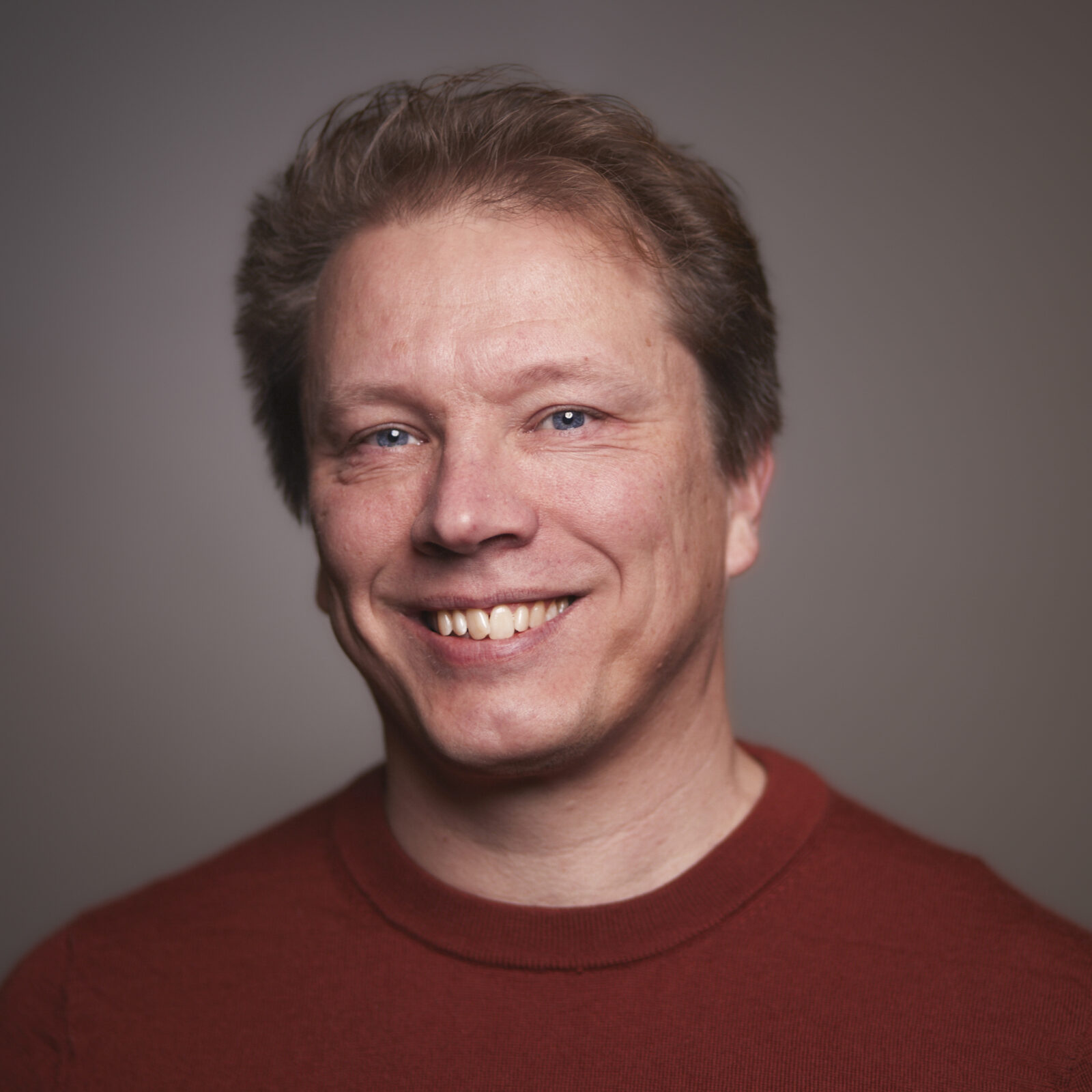 Elmer Smaling
Elmer SmalingSenior Editor
Latest news
-
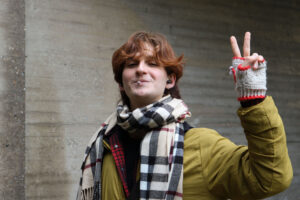
University calls on people to remind smokers, security guards don’t send smokers off campus
Gepubliceerd op:-
Campus
-
-
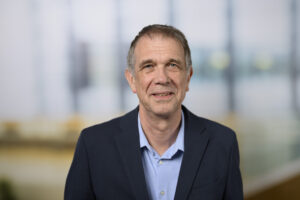
What do the new European housing plans mean for students?
Gepubliceerd op:-
Campus
-
-
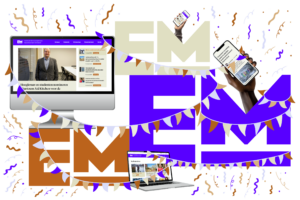
Makeover for Erasmus Magazine: new and more accessible website is live
Gepubliceerd op:-
Campus
-
Comments
Comments are closed.
Read more in science
-
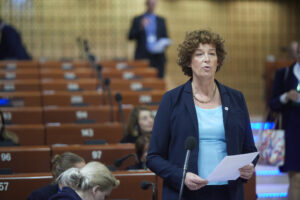
Rector Ghent University withdraws from UvA honorary doctorate after AI speech
Gepubliceerd op:-
Science
-
-

Ministry and French embassy call Executive Board over cancellation of Eva Illouz
Gepubliceerd op:-
Science
-
-
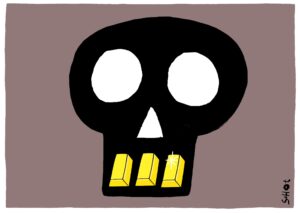
A self-funded war: how Sudan got trapped in a fatal deadlock
Gepubliceerd op:-
The Issue
-
